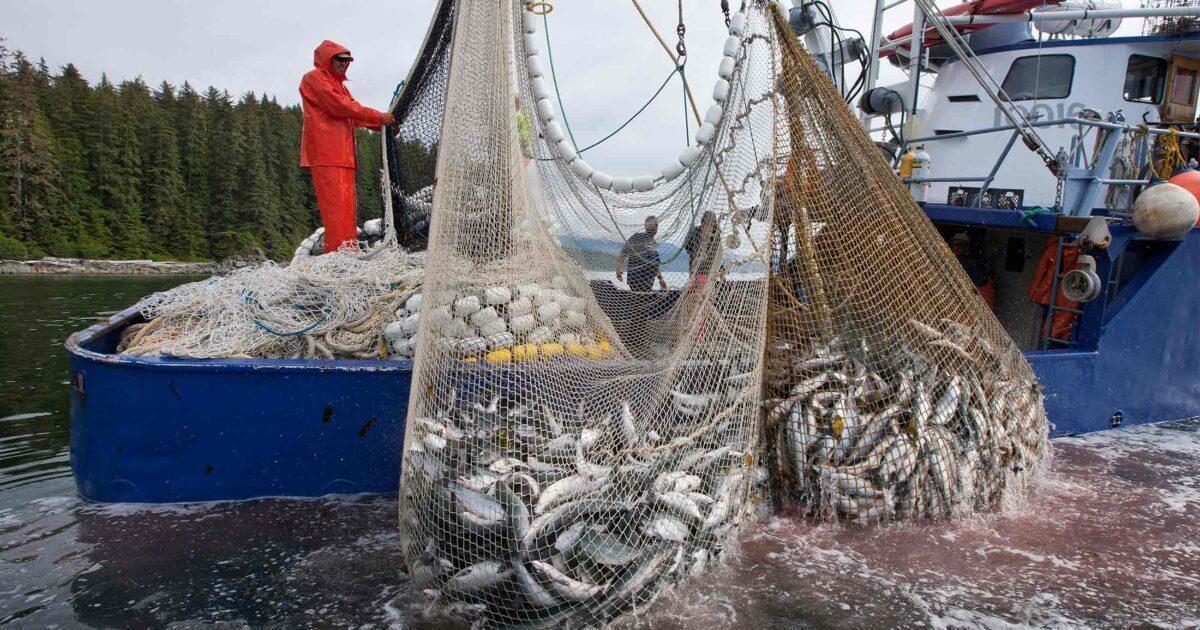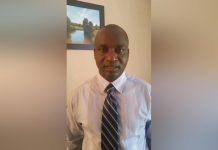Africa-Press – Gambia. Kawsu Leigh writhed in pain on the fishing boat, his burned skin as mottled as the paint on the deck beneath him. Raw and slick, the burns covered large parts of his upper body.
His day began as normal, with a shift on one of the foreign-owned vessels that carry out commercial fishing in waters off West Africa. It ended with him so badly injured from an arson attack that he struggles to recover a year later.
Local fishermen, angered by what they call illegal encroachment and sabotage by the foreign vessels off Gambia, had again confronted one of the boats, the Egyptian-owned Abu Islam.
But Leigh was a local sailor, too. Video of the attack, exclusively obtained by The Associated Press, documents an emerging problem in the fight for dominance in West African waters. Gambians are now fighting Gambians at sea, driven by market forces — and foreign appetites – beyond their control.
The problem came from attempted reforms. To give locals more say, and pay, in commercial fishing, Gambia’s government now requires foreign vessels operating offshore to carry a certain percentage of Gambian crew.
Those locals have become accidental targets of an anger they understand well, after trying to compete with the Chinese-owned and other foreign vessels with little more than small wooden boats and their bare hands.
The video was shared by the Association of Gambia Sailors, filmed minutes after the arson attack. The AP reviewed more than 20 such videos from various sources showing confrontations since 2023. Leigh said he is surprised to have survived, and unhappy that Gambians have been made into rivals.
Other clashes in the waters off Gambia have been deadly, with at least 11 local fishermen reportedly killed over the past 15 years.
“It’s like most of them, when they are going for fishing, it’s as if they’re going for war,” said Abdou Sanyang, secretary general of the Association of Gambia Sailors.
The fighting threatens to tear fishing communities apart, while overfishing to supply seafood buyers around the world undermines livelihoods for everyone. There are concerns that the fish population off Gambia could collapse in the coming years. That would be a business and environmental disaster in a small country with two main economic drivers: tourism and seafood.
For generations, Gambia’s fishermen have known no other work. Now, the financial pressures of competing with foreign-owned vessels are leading some to give up. They are tempted to sell their boats for use in another growing industry: migration toward Europe through the risky Atlantic waters.
Some of the fishermen become migrants themselves, hoping for another kind of good fortune at sea. Leigh, unable to support his family, is considering that now.
Two men against 20
Famara and Salif Ndure are brothers in the fishing community of Gunjur. They say they have lost more than half of their fishing nets to foreign trawlers that pull at the nets and damage them.
“You see them cutting your net, but you cannot do anything, because two men cannot go against 20 to 30 men in the sea,” Famara said. The brothers said they oppose attacking vessels with their countrymen aboard.
They said the foreign vessels have become increasingly aggressive during the current government of President Adama Barrow, who took over after the ouster of former dictator Yahya Jammeh in 2017. Gambia reopened its waters to foreign-owned vessels that year.
Famara said fishing nets are often cut at night, when the foreign vessels go beyond authorised zones to fish. Local fishermen have exclusive fishing rights within 9 nautical miles from shore, but they claim the trawlers come as close as 5. That has made clashes at sea inevitable.
“Anywhere they want, they come and feast. That’s why we’re suffering,” Famara said.
He and his brother once had 15 nets. Those have been reduced to three. A single net line can cost $100, making replacement almost impossible in a country where the per capita income is under $1,000.
Compensation from the government for the loss of a net requires the reporting of a violation by an observer with the fisheries ministry who is stationed on a foreign vessel — another attempted reform.
The brothers feel helpless. The trawlers are “destroying the nation,” they said, asserting that incidents are reported but nothing gets done. They think the money the government makes from the licensing of foreign trawlers is the reason. Licensing fees vary, with some vessels paying the equivalent of $275 per ton.
“They tell us that what the trawlers pay, we small boats don’t pay it,” Famara said.
Gambia’s government did not respond to questions from the AP.
Most of the foreign trawlers operate without proper documentation and with unauthorized gear, asserted Lamin Jassey, president of the Gunjur Conservationists and Ecotourism Association. The local group works on marine conservation and advocates for better fisheries policy.
The violations are so blatant that the foreign vessels hardly hide their presence when they violate local waters at night, said Omar Gaye with a local cooperative of nongovernmental fisheries groups.
“You even think that here is a town because of the lights,” he said.
One of the brothers, Salif, even went to sea last year with a Gambian naval officer to report a foreign trawler after a confrontation over its alleged encroachment. No action was taken.
He ended up filming what happened at sea and posted it online, hoping for an official response someday.
Violations and little punishment
One significant case has reached court in Gambia over fishing conflicts, and another is being prepared. One is the arson attack involving Leigh’s vessel. The other is a collision last year between a foreign trawler, identified by local fishermen as the Majilac 6, and a local vessel that killed three local fishermen.
They are rare cases in a country where the pursuit of justice takes time and cash that many people don’t have.
Gaye expressed his frustration with the Majilac 6, which he claimed was fishing too close to shore, and with Gambian authorities, who he said are not adequately investigating the deaths.
“We don’t know why till now this thing is pending. No one is talking about it. And this is a criminal case, this is a crime against the state!” he said of the case. Authorities haven’t visited the families of the dead or offered restitution, he said.
For More News And Analysis About Gambia Follow Africa-Press






